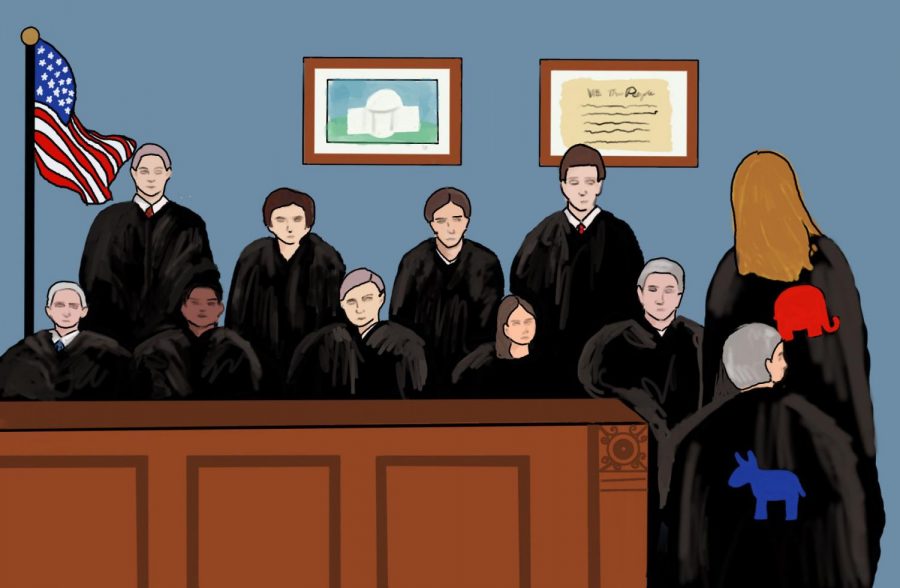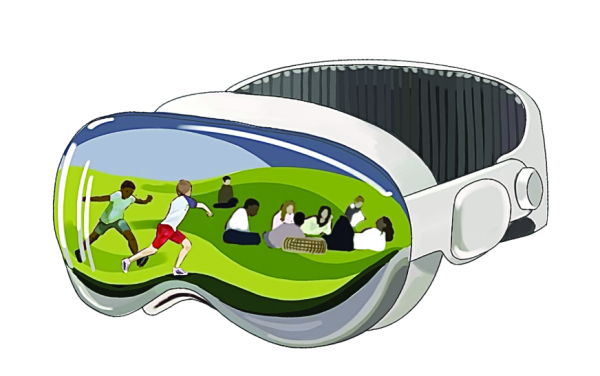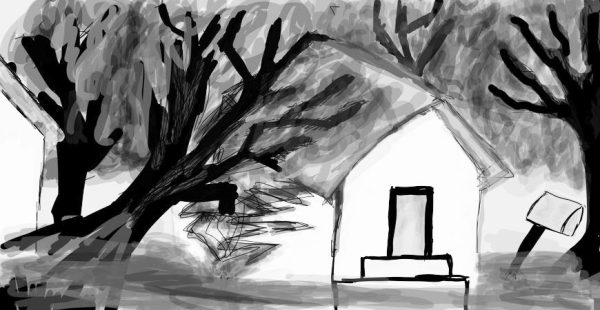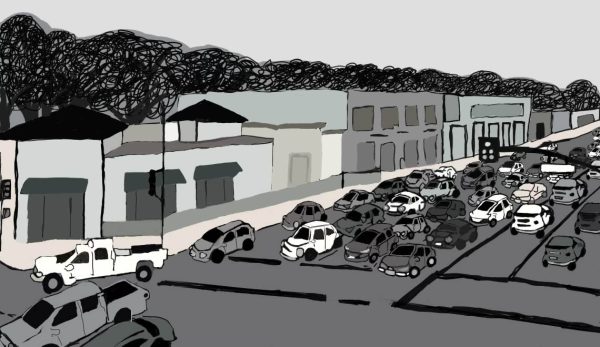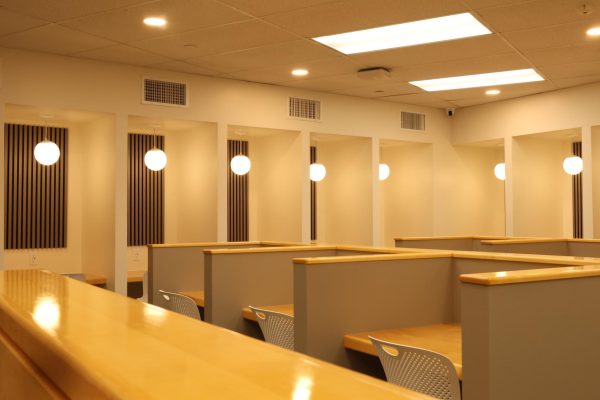Packing in hyperpartisan politics
March 30, 2021
In his 2017 opening statement to Congress, Associate Justice Neil Gorsuch, a staunch Conservative appointed by former President Donald Trump, outlined the role of the Supreme Court.
“If Judges were secret legislators, declaring not what the law is but what they would like it to be, the idea of a government by the people and for the people would be at risk,” Gorsuch stated. “My decisions have never reflected a judgement about the people before me, only a judgement about the law and facts at issue in each particular case.”
With a Democratic majority in the Senate and a newly-elected president, changing the number of Justices on the Supreme Court has made its way back into political discourse. Segments of moderate and progressive Democrats believe the Court’s current six-to-three Conservative majority is a threat to their legislative policies and see expansion as a necessary corrective to the three Justices appointed by Trump. Calls for court-packing from left-wing activists are understandable, but they fail to realize both the role of Justices and the long-term implications of their ideas.
The only responsibility of a Justice is to honestly interpret the U.S. Constitution. We can expect nothing more and nothing less. Political parties nominate Justices based on the belief that they will rule with them on important issues, but this is never certain. Since 2000, nine-to-zero decisions on the Court have been far more probable than any other, as 36% of all votes were unanimous. Nine-to-one and eight-to-one votes made up 15% of those cases, and five-to-four decisions were only 19%, according to The Supreme Court Database. While Democrats and Republicans nominate certain people to the Supreme Court for a reason, the way those Justices rule is wholly independent of political partisanship. Expanding the Court would undercut its legitimacy as a distinct branch of government that actively participates in checks and balances. There may be a greater chance of landmark five-to-four cases where the deciding vote is a Trump-appointed Justice, but a temporary complexion of the Court does not and should not merit its corruption.
Because the United States needs serious institutional reform, it may be tempting as a young activist to think that all bets are off: If packing the Court can move us closer to universal health care and abortion rights, why not do it? Adding Justices could make these realities possible in the short-term, but they could also spell disaster for progressive priorities. Court-packing is rooted in the idea that Congress has the constitutional authority to decide the number of Justices. If a party holds the majority in Congress and the presidency, it could easily change the number of Justices serving on the Supreme Court. President Joe Biden could add, say, six more Justices to codify Roe v. Wade and overturn Citizens United v. the Federal Election Commission (FEC), but if Missouri Sen. Josh Hawley or Florida Gov. Ron Desantis was serving as the president, he could just as easily add six more to roll back those decisions. It’s a dangerous political football that government officials are throwing around, one that would eventually cause the Court to lose all of its judicial independence and become a political arm of whichever party is in power. Here’s how the late Associate Justice Ruth Bader Ginsburg put it in a 2019 interview with NPR: “If anything would make the Court appear partisan, it would be [adding Justices]. I am not at all in favor of that solution to what I see as a temporary situation.”
Leaving law-making up to our elected officials and case verdicts up to the nine Justices on the court is our only option. Although they may not rule “correctly” in every case, maintaining the current balance is the only way our political system can work. Supreme Court Justices are not our representatives: they are a collection of accomplished legal scholars who hold very specific positions in our government. The day we begin treating them as anything else is the day our democracy crumbles.



































